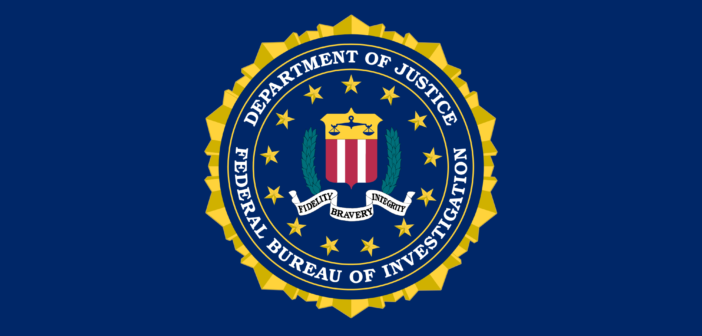COVID-19 has opened the door for scammers. As millions are home from work or working from home, it has created the prime opportunity for cyber scammers.
This afternoon the FBI held a virtual press conference for collegiate journalists in the Chicagoland area regarding an increase in COVID-19 scammers.
According to Special Agent and Public Affairs Officer Siobhan Johnson, there are now over 12,000 COVID-19 related scams.
“When people have more time on their hands, there will be more victimization,” said Johnson.
If someone is reaching out to you using a new or unusual method, even if the email looks legitimate, understand that the business could have been hacked. Some hackers may have access to your personal information, therefore they could appear to be an employer or person you know.
Statements such as “The banks are closed so we must do it this way,” are ways in which scammers are using the COVID-19 pandemic’s closures as a way to manipulate people.
What could be some of the odd requests from scammers?
According to Johnson, they could be asking you to buy counterfeit items, donate to charities or buy a certain amount of gift cards, amongst other financial requests. If someone is rushing you or there are many misspellings in their message, this is a sign that they may be trying to move quickly before you are able to stop and think.
Johnson urges people to “do their due diligence before opening their wallets” and to understand that “email is your vulnerability.” Be especially wary of emails during this time as well as any free telework platforms. You will not receive an email in order to obtain the stimulus package, do not give away any information.
Right now, both students and workers are using platforms like Zoom in order to have real-time video conferences. There have been instances in which a scammer will infiltrate your session in order to eavesdrop or project porn or hateful images.
Zoom users should make sure they are using a password or inviting users individually. This will help immediately spot if there’s an extra person in the conference. The presenter can also change the settings so no one else can take control of the screen.
Johnson urges everyone to take three steps while dealing with this issue: do research, report victimization and spread the word.
As soon as you fear you’ve been the victim of a scam, report it immediately. Do not reply and delete the message. Most scammers do not continuously spam one individual.
According to a CBS Chicago article, starting this month, CPS schools will be providing 100,000 computer devices for students who need them. Johnson, however, said that the rush to get foreign laptops for students to use often means that these devices have not been sanitized properly and may come with malware.
Beyond the risk of the computers themselves, any age under 18 is currently vulnerable to sexual exploitation from child predators. The increase in online time has meant more sexual exploitation of children. The exploitation has also lead to some children meeting the predator in-person. It’s important to note that children who have been forced through threats or other means to send sexual images will face no consequences since they have been the victim of a crime.
The FBI urges parents to talk to their children about “who can be on the other end of their computers.” The FBI also has a video game called “Safe Online Surfing” for helping children understand how to safely navigate the web.
In addition to those under 18, college-aged or elderly individuals are also at risk. Johnson said that college students may lack the life experience to recognize a financial scam. Also, the elderly have less technological resources and knowledge and are more likely to not report attacks.
According to the DW, apps like Tinder and Bumble have reported spikes in usage. The number of daily messages increased from 10% to 15% compared to February.
COVID-19 scammers are also capsizing on the “romance scam.” This is when an individual pretends to be interested in you only to ask for financial resources. Johnson urges people to warn any single individuals, especially older individuals, of this ongoing scam.
It’s essential to continue spreading the word of online scams.
“We would rather give people all the information we have that these scams are happening in Chicago … they might lose their life-savings … we want them to make decisions that will empower themselves,” said Johnson.
While this information is not meant to incite panic or alarm people, “skepticism is a very good and healthy thing.” While the FBI anticipated this increase in cyber attacks and are “ahead of the situation” it is important as many as possible individuals continue to be vigilant and skeptical of messages they receive. They should also monitor what they’re putting online and always avoid sharing your location, especially via geo-location trackers.
In order to stay up to date, continue to look at the CDC’s site as well as the FBI’s site for COVID-19 related scams.
The FBI regularly updates their social media accounts for timely information.
To reach the FBI you can also call 1-800-CALL-FBI to provide information.

